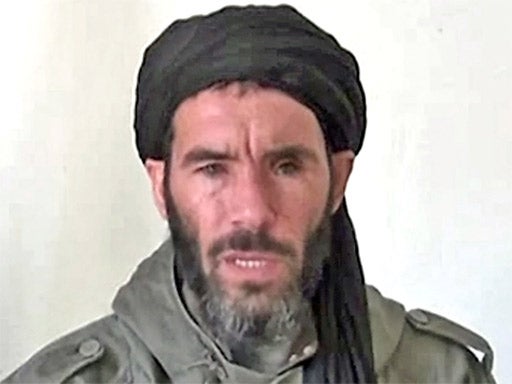
Your support helps us to tell the story
From reproductive rights to climate change to Big Tech, The Independent is on the ground when the story is developing. Whether it's investigating the financials of Elon Musk's pro-Trump PAC or producing our latest documentary, 'The A Word', which shines a light on the American women fighting for reproductive rights, we know how important it is to parse out the facts from the messaging.
At such a critical moment in US history, we need reporters on the ground. Your donation allows us to keep sending journalists to speak to both sides of the story.
The Independent is trusted by Americans across the entire political spectrum. And unlike many other quality news outlets, we choose not to lock Americans out of our reporting and analysis with paywalls. We believe quality journalism should be available to everyone, paid for by those who can afford it.
Your support makes all the difference.The Economist has long since had a strong, interventionist view on global terror. It vigorously championed the war in Iraq, having less vigorously argued for the war in Afghanistan. Later, it revisited the case for the war in Iraq, and found it be more lacking than initially granted. So how might it respond to the latest conflagration in Algeria and Mali?
In the briefing from this week's print edition, the newspaper (as it still likes to call itself), is very on the front foot - but sceptical about over-reach. Here's their pay-off: "Should radicalised and militant forms of Islam spread farther, current grounds for confidence will be undermined. Intelligence agencies already have a heavy presence in Nairobi, the Kenyan capital, to sniff out terror links with the east African diaspora in the West. The real threat, though, is to African countries themselves. In many, including resource-rich ones like Nigeria, religious cleavages are widening. Both action by jihadists and action against jihadists could exacerbate the dangers."
Join our commenting forum
Join thought-provoking conversations, follow other Independent readers and see their replies
Comments